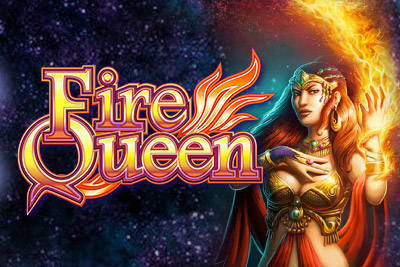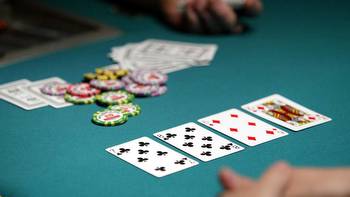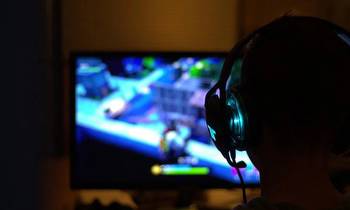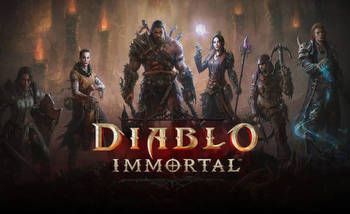Richard Hogan: Is your child gambling online?

It is estimated that two thirds of Irish people over the age of 18 will take part in some form of gambling.
We are a nation that likes to have an aul punt. Sure what’s wrong with the odd bet? Of course, the answer is nothing. But it’s believed we have 55,000 people living with a serious gambling disorder in this country. The odd bet, in my experience, so easily transmutes into a life-altering obsession that can bring the ruination of the person caught in its all-consuming grip.
I’m no prude, but I see first-hand the destruction online gambling has had on the modern family in this country.
The pandemic introduced the gambling industry to a new type of consumer, the online gambler. How is it that profits didn’t fall during lockdown when most sporting events had been cancelled? The answer is found in the arrival of smartphones and apps.
Traditionally, gamblers would have to navigate the opening hours of retail premises. This meant there was respite between the closing hours and opening hours for a problematic gambler and anyone orbiting their world. But with the arrival of this new trend in gambling, it quite literally — and pardon the pun — means all bets are off when it comes to how much revenue can be generated. The opportunities are limitless.
There are no opening hours, no staff to worry about, just limitless access to placing bets at any time of the day.
Gambling impacts the reward centre in the brain, so chemicals such as dopamine, serotonin and endorphins are released as neurotransmitters which communicate that whatever we just did there made us feel great. And therefore, we chase that feeling. But the more we hit those chemicals the more immune we become to them so we need a bigger hit every time. This is where serious problems occur. The more you need, the bigger the gamble/risk you take. This is where a positive feedback loop is created. The very thing you take into your life to make you feel good is the very thing that is catapulting your life into chaos.
You are rapidly moving towards addiction when you get yourself caught in a loop of behaviour like this. The destruction for you and your family can be absolute.
We have to ensure that children are not being exposed to gambling at an early age. Something I have written about before is loot boxes. These are sealed mystery boxes in games paid for with real money which work on the same principles of gambling. They normalise gambling but, more significantly, these random reward boxes are structurally and psychologically akin to gambling. This means that they are far from benign and yet still exist within the structure of games our children are being exposed to.
They banned them in Belgium, why are we so slow to do the same? Why are we always so behind the curve? I know that online content is rapidly evolving, but that should not be an excuse for complacency.
Our children’s brains are being wired to gamble. That is a dystopian situation and we must not allow it to continue.
I have had parents in my clinic, in recent years, outline how their child had maxed out their credit card buying content in these loot boxes.
When I spoke to the children, they all delineated the same experience, a sense of mystery about what could be gained in the shiny box jumping up and down in front of them in the game and also the sense of urgency they felt to buy the content.
This is what we would call a psychological nudge.
It’s a tactic used by marketers to prompt the consumer to feel they will miss out if they do not immediately buy the product. It’s frightening that our children are being exposed to this stuff in the games they are playing up in their bedrooms. The link between problem gambling and loot boxes has been robustly verified. So, why are we so slow to bring in laws that protect children from sinister elements that want to prime their brains to gamble?
The answer to this modern phenomenon of online gambling is a robust gambling regulator authority in Ireland that isn’t responding to trends but rather is progressively proactive and on top of trends so that laws are designed to protect individuals and families.
The regulator needs to have teeth so that these organisations are not allowed to make money on the suffering of people with impunity. Some of the laws governing gambling in Ireland date back as far as the 1930s. Anyone working with families hopes that the gambling regulation bill, coming soon, will be a chance for Ireland to bring its woefully outdated laws into the 21st century.
It’s the least our children deserve.






































